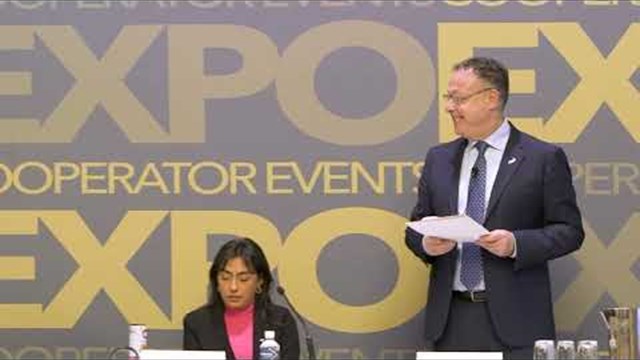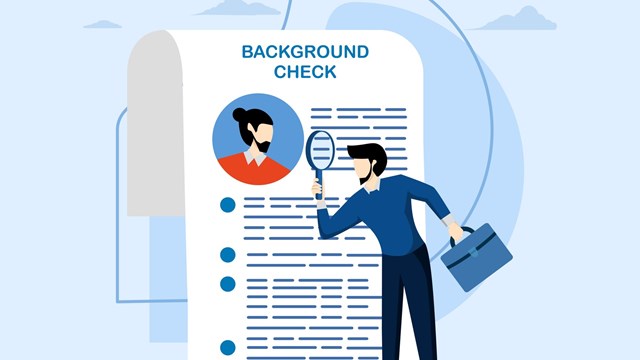Q My question concerns the various forms of compensation our building’s super receives and the shareholders’ right to know the exact sum of his monthly income, as an exact cost to the building. Our super has a fixed salary, which is disclosed to the
shareholders in the yearly financial statement. However, there are several
other extras that have never been calculated, such as: a free apartment, a free
inside parking space, a free landline, cell phone services and free
electricity. The electricity bill covered includes his apartment, a private
washer and dryer (given to him by the co-op) and a huge, second refrigerator. The washing machine, dryer, and second refrigerator are kept in a
storage space, and this electricity bill is paid by the corporation. Since the
shareholders are not allowed to keep washers and dryers in their units and use
coin operated machines, the private washing machine and dryer constitute an
additional expense and are not part of the free apartment. The super received a
considerable bonus at Christmas as well. My concern is that none of these
expenses were added to his income, as shown in the financial statement, yet
they make up a substantial part of the compensation paid to him by the
corporation. Do we as the shareholders have the right to know these figures?”
—Financial Watchdog
A “While the shareholders are entitled to know what expenses the cooperative
incurred during the course of the year, they are not entitled to determine the
manner in which the expenses are reported nor are they entitled to have them
broken out specifically as to the superintendent,” says attorney Stewart E. Wurtzel with the Manhattan-based law firm of Deutsch
Tane Waterman & Wurtzel, P.C. “The accountant who prepares the building’s financial statement will determine how all expenses must be presented to
comply with generally accepted accounting principles.
“The cooperative’s financial statement should show what the cooperative expended for salaries
(which would probably include the bonus received by the superintendent),
utilities and the purchase of the washer and dryer. However, it is not obligated to—nor is it typical—to break out those expenses attributable to the employment of the
superintendent. Shareholders have no right to demand that they do so. The financial statements would not include intangibles such as the value of the
parking space or the apartment in which the superintendent lives because they
are not considered expenses incurred by the cooperative. The shareholders need
to review the cooperative’s proprietary lease and bylaws to determine whether they are granted a broad
right of access to the cooperative’s book and accounts. In the event they do (though the usual form of lease and bylaws do not grant a
broad right), this may allow them to inspect the electric bills, phone bills
and other receipts to determine how much of those expenses are attributable to
the superintendent’s employment.”







Leave a Comment